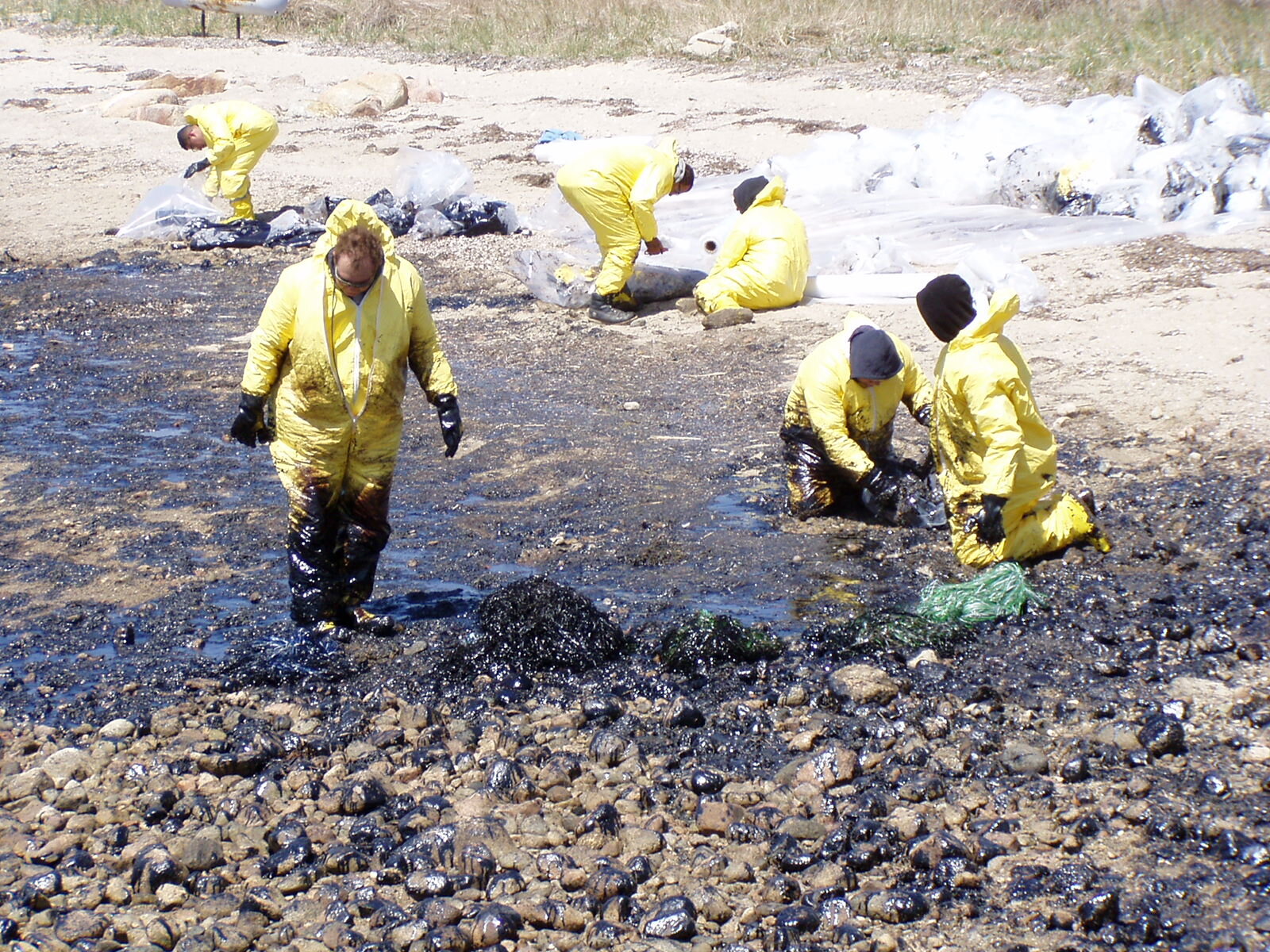
Human Dimensions of Risk and Environment
The Institute's research on the human dimensions of risk explores the ways that social and institutional factors affect the risks from hazardous technologies. These factors can include individual risk perceptions, trust in risk management institutions, social networks, and organizational behaviors. In addition, our work explores the effects of risk management efforts, and opportunities for their improvement. We are particularly interested in translating the findings of research into decision making to address risks and vulnerabilities, and their inequities, from risky technologies. Our studies of the human dimensions of risk have touched on multiple policy arenas, including energy transitions and facility siting, clean-up of contaminated sites and exposures to radiological contaminants, marine oil spill response, and climate change.
Projects
Characterizing harmful behavior of divers and snorkelers to coral reefs in Puerto Rico through systematic observation and testing the effectiveness of pre-trip media-based interventions.
Assessment of Oil Spill Response Planning and Performance
Examining predictors of public action in response to climate change
Publications
Tuler, S., Ram, B., and Kasperson, R. 2014. Wind Energy Facility Siting: Learning from Experience and Guides for Moving Forward, Wind Engineering 38(2):203-216.
Tuler, S. 2012. Institutional preferences for justice, avoiding harm, and expertise in public health policy making about the health consequences of iodine-131 nuclear weapons testing fallout. In S. Quigley, A. Lowman, S. Wing (eds.),Tortured science: Health studies, ethics, and nuclear weapons in the United States. Amitysville, NY: Baywood Publishing Company.
Rosa, Eugene A., Tuler, S. P., Fischhoff, B., Webler, T., Friedman, S. M., Sclove, R. E., Shrader-Frechette, K., English, M. R., Kasperson, R. E., Goble, R. L., Leschine, T. M., Freudenburg, W., Chess, C., Perrow, C., Erikson, K., and Short, J. F. 2010. Nuclear waste: Knowledge waste? Science 329(5993):762–763.
Tuler, S. and Webler, T. 2009. Comparing stakeholders’ objectives for oil spill contingency planning and response: A Q study of four regions, Journal of Contingencies and Crisis Management 17(2): 95-107.
Tuler, S., Agyeman, J., Pinto da Silva, P., LoRusso, K., and Kay, R. 2008. Assessing vulnerabilities: Integrating information about driving forces that affect risks and resilience in fishing communities, Human Ecology Review 15(2):171-184.
Israel, A., Wong-Parodi, G., Webler, T., and Stern, P.C. 2015. Eliciting public concerns about in emerging energy technology: the case of unconventional shale gas development in the United States, Energy Research and Social Science 8:139-150.
Small, M.J., Stern, P.C., Bomberg, E., Christopherson, S.M., Goldstein, B.D., Israel, A.L., Jackson, R.B., Krupnick, A., Mauter, M.S., Nash, J., North, D.W., Olmstead, S.M., Prakash, A., Rabe, B., Richardson, N., Tierney, S., Webler, T., Wong-Parodi, G., and Zielinska, B. 2014. Risks and risk governance in unconventional shale gas development, Environmental Science & Technology 48(15):8289-8297.
North, D.W., Stern, P.C., Webler, T., and Field, P. 2014. Public and stakeholder participation for managing and reducing the risks of shale gas development, Environmental Science & Technology 48(15):8388-8396.


